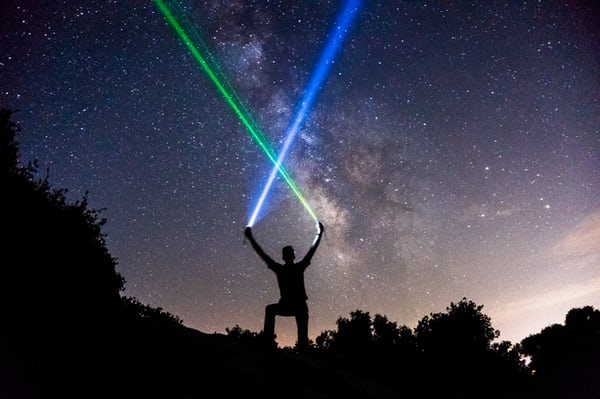
Courtesy of pexels.com
While browsing through the internet the other day, I learned about an exciting new discovery in quantum physics. Scientists have learned that some quantum particles adhere to one another, not by electromagnetism, as we supposed, but by something called the strong force. I will venture no further into this dimension for fear of getting lost. What matters is that today we have become aware of another energy that binds the universe together.
As it was a rainy day at the time any my environs were immobilized by Covid-19, I allowed my mind to marvel at this information–a fact new to humanity but as old as the stardust of which we are made. Where I stood, a droplet of water slid down the windowpane in accordance with the law of gravity. Seeing its slow, jagged progression, I wondered if the strong force might have an influence on human behavior.
Long ago, Aristotle observed we humans are social animals. Could that be a result of the strong force? Certainly, there can be no doubt we clump together to form societies, imperfect though they may be. But if quantum physics is at work, the strong force can’t be very strong, given the turmoil in today’s culture. Some other entity must be at work that tears us apart.
If I had to decide, I’d be inclined to cast a gimlet eye upon the force of language. So often words we hold in common betray us. Their interpretation proves to be not common, at all, but extremely personal. For example, I believe Mark Zuckerberg when he says he has good intentions with regard to Facebook. It is the same he ascribed to a platform he created while at Harvard. That one was intended to help college students connect with one another.
Unfortunately, an intention that worked well on a small scale has been fraught with mishaps on the internet’s grand scale. In fact, Zuckerberg’s problems began with his intention to protect The First Amendment. We talk of free speech but what does that mean? Particularly as it is applied to an incalculable number of situations? I have no right to shout “fire” in a theatre. Beyond that, free speech is subject to interpretation, which is why the question of its meaning is so often before the U. S. Supreme Court and becomes particularly thorny with regard to defining obscenity.
Given our societal confusion about free speech, is it fair to ask a 36-year-old man to decide the question? Probably not. Yet that is exactly what we demand of him with regard to Facebook’s content. Yet, here’s the rub. What may pass as free speech for a man standing on a soapbox in Central Park may cause a furor on social media. Call it the megaphone effect. Facebook amplifies a message as it circles the globe in seconds, giving it the potential for mass demonstrations to arise, a feat difficult to achieve with one person standing on a soapbox.
Of course, it’s that potential to influence millions that has landed Zuckerberg in the soup. He not only enabled global conversation but, as his early investors foresaw, he developed the greatest marketing tool of all time. Businesses large and small flock to it as the number of subscribers grow. Sadly, with success come ethical questions, free speech among them.
That Zuckerberg’s creation has flaws should surprise no one. Most creations do. Look at Adam and Eve, for example. Even so, why make this talented individual wholly accountable for the misuse of his idea? That would be like holding the Wright Brothers responsible each time a trafficker uses an airplane to smuggle drugs into the country.
Does physics teach us nothing? If there are strong and weak forces in the quantum world, aren’t these forces within us? Instead of making Zuckerberg a scapegoat for the disreputable conduct of a flawed species, shouldn’t we pause first to show him a little charity?
